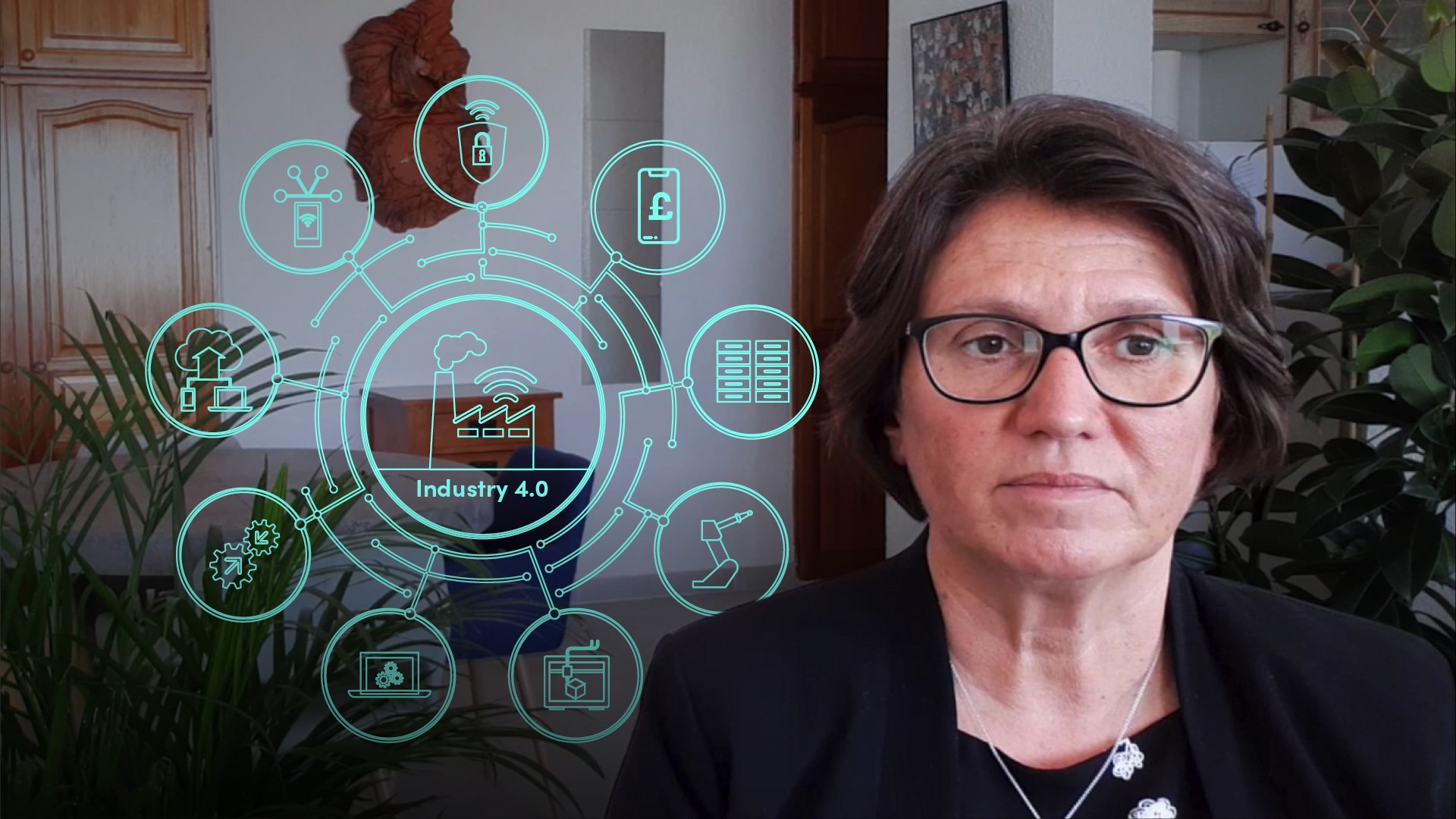
The Evolution in Digital Payments to CDBCs

Sabrina Rochemont
25 years: Digital payments specialist
In this video, Sabrina introduces and explores the concept of CBDCs. She highlights why it is important that all financial professionals understand the direct impact that CBDCs will have on the payments landscape. This video explores what the payments landscape has traditionally looked like and how it is rapidly changing due to cryptoassets. She also defines the role of cash in society and how it’s placement in the economy is rapidly changing due to cashless alternatives.
In this video, Sabrina introduces and explores the concept of CBDCs. She highlights why it is important that all financial professionals understand the direct impact that CBDCs will have on the payments landscape. This video explores what the payments landscape has traditionally looked like and how it is rapidly changing due to cryptoassets. She also defines the role of cash in society and how it’s placement in the economy is rapidly changing due to cashless alternatives.
Subscribe to watch
Access this and all of the content on our platform by signing up for a 7-day free trial.

The Evolution in Digital Payments to CDBCs
18 mins 23 secs
Key learning objectives:
Understand what the global shift in payments means for cash
Assess the pros and cons of cash as a means of transaction
Explore the impact of shifts in the payments ecosystem
Assess what changes in payments mean in the context of financial inclusion
Overview:
The advent of central bank digital currencies or CBDCs has been heralded as the most significant money innovation in 200 years. Financial professionals must grasp the concept of CBDCs and be able to understand why they could have a dramatic impact on the financial landscape. This video will provide context on the existing payments landscape and explain why cryptocurrencies and their underpinning technology, blockchain are set to disrupt the landscape. Blockchain is a key technology that will have an effect on the definition and functions of money and what CBDCs look like.
Subscribe to watch
Access this and all of the content on our platform by signing up for a 7-day free trial.
What are the three key functions of money?
- A unit of account - money provides a common standard to measure the total volume of production, income, savings, and wealth
- A store of value - money allows for wealth to be stored and savings to occur
- A means of exchange - money provides a common medium for the exchange of goods and services, instead of barter
Which trends have displaced traditional banking relationships?
- Mobile network operators
- The introduction of wallets to reduce e-commerce friction
- Financial entities created by social media groups, such as Ant Financial
- The rise of peer-to-peer (P2P) payments in emerging economies
Which groups are likely to feel excluded by the digital economy?
Though the digital economy will benefit those with easy access to the internet and a mobile phone, it risks alienating other groups. Vulnerable groups may not be able to afford digital tools such as devices or access to the internet and they may use cash to help them budget. Those with cognitive or visual deficiencies due to age or various disabilities may challenge the ability to use a device safely.
There is also the issue of network coverage, remote areas may not be equipped with terrestrial or mobile networks. The bandwidth and reliability may not be sufficient to support efficient use of online tools. Finally, some groups may not be able to provide documentation to open current bank accounts. These include under-aged people, refugees, un-documented migrants, or those whose irregular income is unattractive to commercial banks
Subscribe to watch
Access this and all of the content on our platform by signing up for a 7-day free trial.

Sabrina Rochemont
There are no available Videos from "Sabrina Rochemont"



























